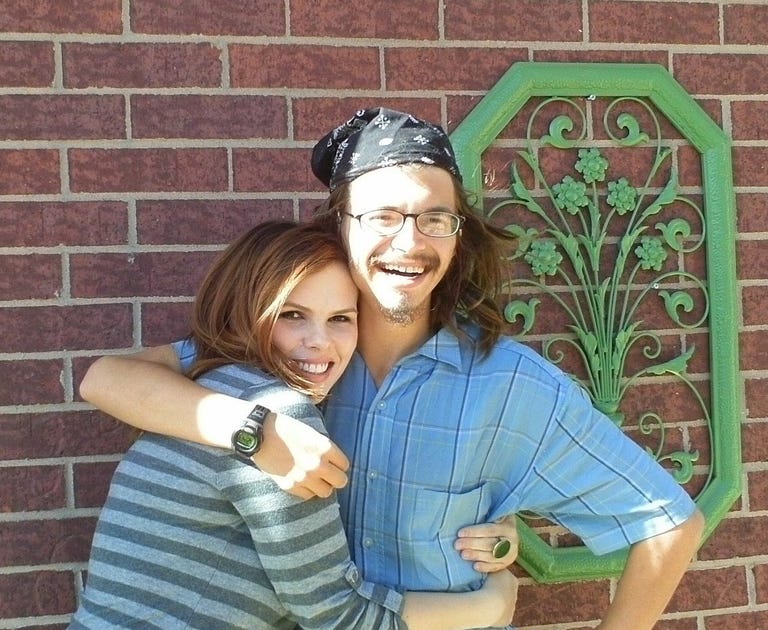

Years ago, before my brother Jay took his own life, I might have asked myself the question that so many others are asking this week: Why would Kate Spade and Anthony Bourdain, who have lives most of us only fantasize about, choose to end them?
But when Jay passed away at the age of 21, I learned that suicide isn’t merely a choice. It is often a fatal symptom of an untreated illness.
My brother Jay was diagnosed with schizophrenia not long after his 19th birthday. Up until his senior year of high school, he’d been a smart, funny kid who wanted to enter politics someday.

The symptoms of his illness—hallucinations, delusions, and paranoid thoughts—rapidly derailed his future. By the time he graduated from high school, he believed that he was the target of a global conspiracy and heard voices that encouraged him to hurt himself. He was hospitalized seven times, but at no point did he swallow a single pill that would ease his symptoms.
To him, accepting treatment would confirm that he was “crazy.” He was distressed that he had the same illness as Jared Lee Loughner, who shot Gabrielle Giffords and killed six people in Arizona. The vast majority of people with schizophrenia aren’t violent, but those people don’t appear on the news or in media.
There is only one reason I am alive today and my brother isn’t. I got treatment.
Watching my brother deteriorate woke the depression that had been inside of me. After trying and failing to persuade him to get treatment, I was consumed with hatred for myself and couldn’t think of any reasons to stay alive.
As the pain I felt overpowered my rational mind, I, too, thought about how to kill myself. It wasn’t about choosing to live or die, it was about ending the pain of depression.
Beyond the differences in symptoms we each faced, there is only one reason I am alive today and my brother isn’t. I got treatment. I started seeing a psychiatrist, began therapy, and allowed myself the psychiatric medication my brother was too ashamed to take.
Imagine people with cancer shrugging off treatment because of stigma. They wouldn’t.
Sandwiched in between the news of Kate Spade’s and Anthony Bourdain’s deaths, the Center for Disease Control announced that nearly 45,000 Americans took their own life in 2016, a 30 percent increase since 1999 in half of states in the U.S.

My brother is far from alone in refusing treatment. According to the Substance Abuse and Mental Health Services Administration (SAMHSA), of the 43.6 million Americans who experienced a mental illness in one report, less than half received mental health care.
It isn’t just because mental health care is expensive (although cost was a common factor cited). Among those who know they have a mental illness, SAMHSA found that not wanting others to “find out” or “have negative opinion” of them were common reasons people decided not to get treatment. Suicide may be listed as the cause of death, but stigma is often the killer.
We can prevent suicide.
Imagine half of all people with cancer or heart disease shrugging off treatment for those same reasons—they wouldn’t.
However, unlike those physical illnesses, we can completely prevent suicide. By making it as socially acceptable to see a therapist as a gynecologist, by making it as respectable to take psychiatric medication as an antibiotic, and most importantly, by encouraging people to reach out when they need extra support, we can put the epidemic of suicide behind us.
If you or someone you know is considering suicide, the National Suicide Prevention Lifeline, 1-800-273-8255, is a great resource. I worked there for years after my brother’s death, so I know that there are hundreds of trained crisis counselors ready and willing to support you through your darkest moments. It’s my go-to in a crisis. You can also call them if you are worried about a friend or family member and want some professional help supporting them.

Courtesy of Ashley Womble
Ashley Womble is a mental health advocate with a Masters in Public Health. Her mission is to change the way people think and talk about behavioral health. She lives in Brooklyn, New York.
Source: Read Full Article